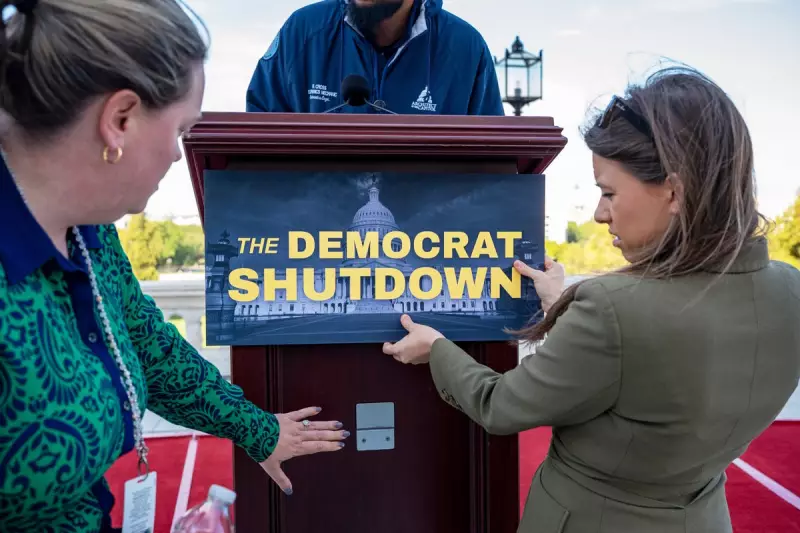
In a stunning revelation that has reignited debates about political ethics, former President Donald Trump stands accused of blatantly violating the Hatch Act during his presidency. According to a comprehensive investigation, Trump allegedly used official government property for political purposes while taxpayers were forced to cover the costs.
The Government Shutdown Controversy
During a critical period of government shutdown, when federal services ground to a halt and thousands of workers faced financial uncertainty, Trump reportedly hosted what critics describe as a political event at the White House. The timing couldn't have been more controversial, with the event occurring while ordinary Americans were feeling the direct impact of the budgetary impasse.
Understanding the Hatch Act Violation
The Hatch Act, a federal law dating back to 1939, explicitly prohibits government employees from engaging in political activities while performing their official duties. The legislation aims to maintain a clear separation between government operations and political campaigning, ensuring that taxpayer resources aren't misused for partisan purposes.
Watchdog organizations have documented multiple instances where the former president appeared to cross this legal boundary, using the prestige and resources of the White House to advance political objectives.
Taxpayer Burden During Crisis
What makes this situation particularly galling for critics is the financial aspect. While the government shutdown meant delayed paychecks for federal employees and suspended services for citizens, the costs associated with Trump's political activities continued to accumulate, ultimately falling on taxpayers.
The revelations have sparked outrage among government ethics experts, who argue that such behaviour undermines public trust in democratic institutions and establishes dangerous precedents for future administrations.
Broader Implications for Political Ethics
This incident forms part of a broader pattern of Hatch Act concerns during Trump's presidency. Multiple administration officials faced similar allegations, though enforcement of the law against high-level officials has historically been challenging.
Ethics watchdogs continue to call for stronger enforcement mechanisms and clearer consequences for violations, arguing that without meaningful accountability, the laws designed to protect government integrity become effectively meaningless.






